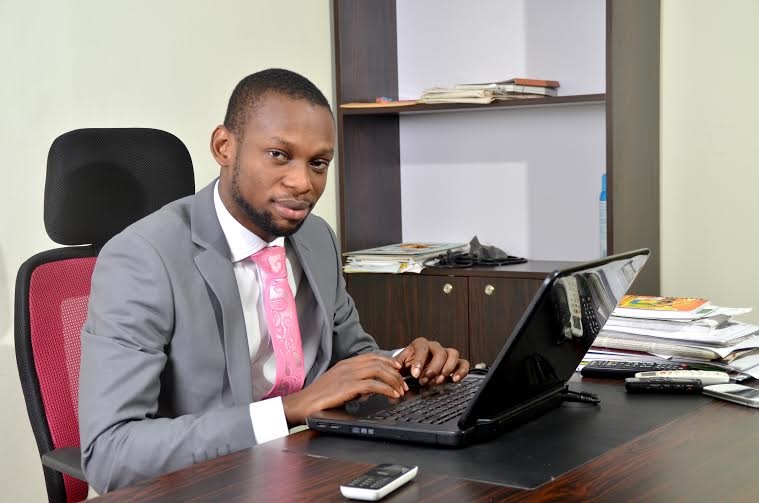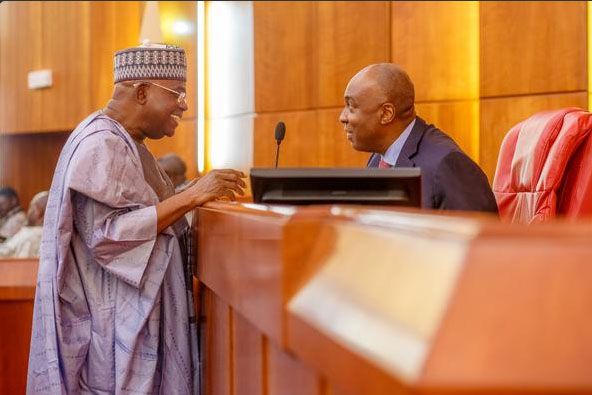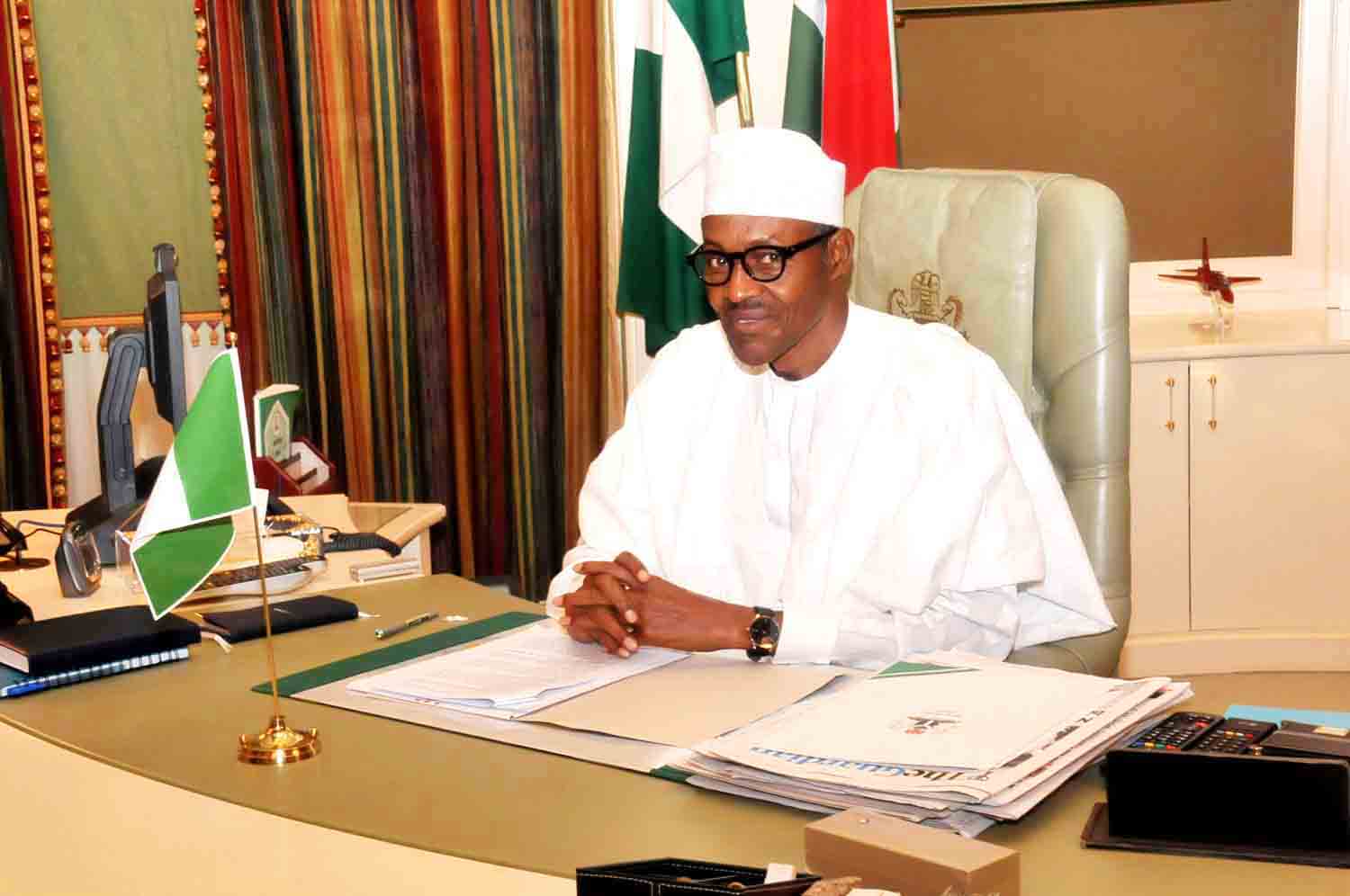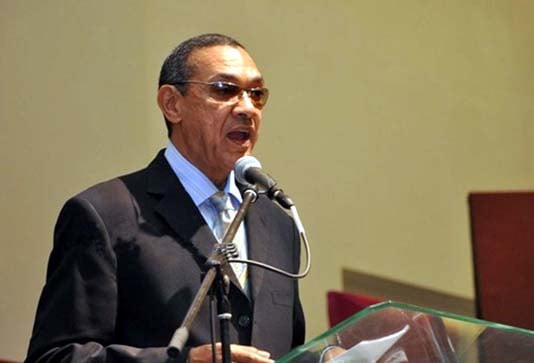‘Fisayo Soyombo, the editor TheCable, has been selected as one of the three finalists for the 2015 edition of the Thomson Foundation Young Journalist from the Developing World FPA Award.
Soyombo, a graduate of Animal Science from the University of Ibadan, will now compete for the first prize with Ugandan journalist, Caroline Ariba, and Indian journalist, Kumar Sambhav Shrivastava.
All three were part of an initial shortlist of 12 entrants announced on September 21.
It is the third year the prize has been presented as part of the prestigious annual UK Foreign Press Association (FPA) Awards, and the winner will be announced at a ceremony in London on Tuesday, November 24.
Advertisement
Soyombo was shortlisted for the award for his three-part series covering Liberia’s recovery from the Ebola Virus Disease (EVD) that ravaged it for much of 2014.
The first story examines how Ebola ruined Liberian families, capturing the pains of survivors and demystifying the myth that surviving the virus is the ultimate victory for its victims. As the story shows, survivors are left with nothing and have to start rebuilding their lives from base.
In the second story, Soyombo systematically shows how the Liberian government abandoned its citizens, and mismanaged and embezzled donor funds meant for the country’s total recovery from the viral disease. A core component of this recovery ought to be helping to rebuild the lives of victims, but this wasn’t happening.
Advertisement
The third story pays tribute to Liberian health workers who risked their lives to join the fight against Ebola. It tells the story of their courage and chronicles their close shaves with the virus.
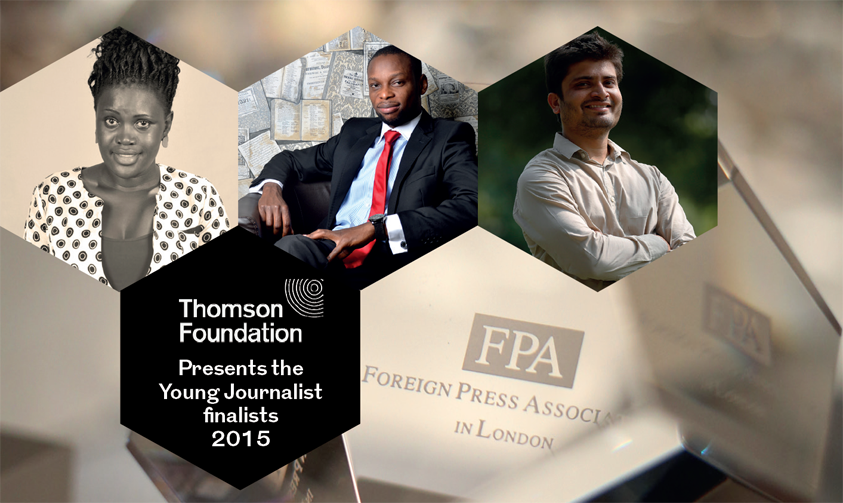
Making its latest announcement on Wednesday, Thomson Foundation said the three finalists were selected from a total number of 117 journalists from 30 countries ranging from Brazil and the Ukraine to Cameroon and India.
“The number of entries for this competition and range of countries has increased year on year, which is a very encouraging development,” Nigel Baker, chief executive officer of Thomson Foundation, said.
Advertisement
“The quality has also increased in line with the quantity, with the standard of entries across the board demonstrating conscientious research, greater initiative and impact, and higher standards of writing and broadcasting.”
Each entrant for the award had to submit a portfolio of three published pieces of work produced in the 12 months preceding the deadline for submissions. They could be in any format – print, audio, video, multimedia or a combination of all four.
The journalists who entered were also asked to submit a written statement of no more than 600 words giving a summary of the content of each story and any impact it had on the public debate in the country of publication.
“The three finalists will be flown to London, spend two nights in the city and attend the gala award night at the Sheraton Park Hotel , along with a host of other potential award winners and leading figures from the world of journalism,” the foundation also said.
Advertisement
In December 2014, Soyombo won the online category of the 2014 Wole Soyinka prize for investigative reporting for his work, Blood on the Plateau.
Earlier in July 2014, he was shortlisted for the Local Reporter category of the 2014 Kurt Schork Awards in International Journalism, which featured “almost 300 stories entered by 93 journalists from 41 countries”. The award was eventually won by Indian journalist, Neha Dixit, for “her courageous and innovative series of undercover reports on rape published by the New York Times, Outlook India, and Yahoo News”.
Advertisement
Soyombo, a 2013 recipient of the Deutsche Welle/Orange Magazine Global Fellowship for Young Journalists, contributes opinions to UAE-headquartered Al Jazeera and Germany-based TAZ.
His works have been translated into French, German and Arabic.
Advertisement
Add a comment

